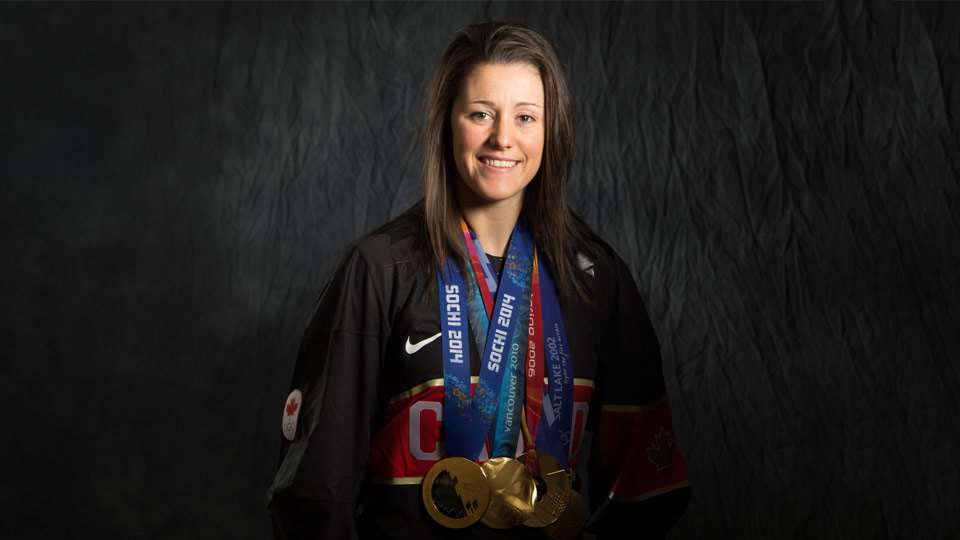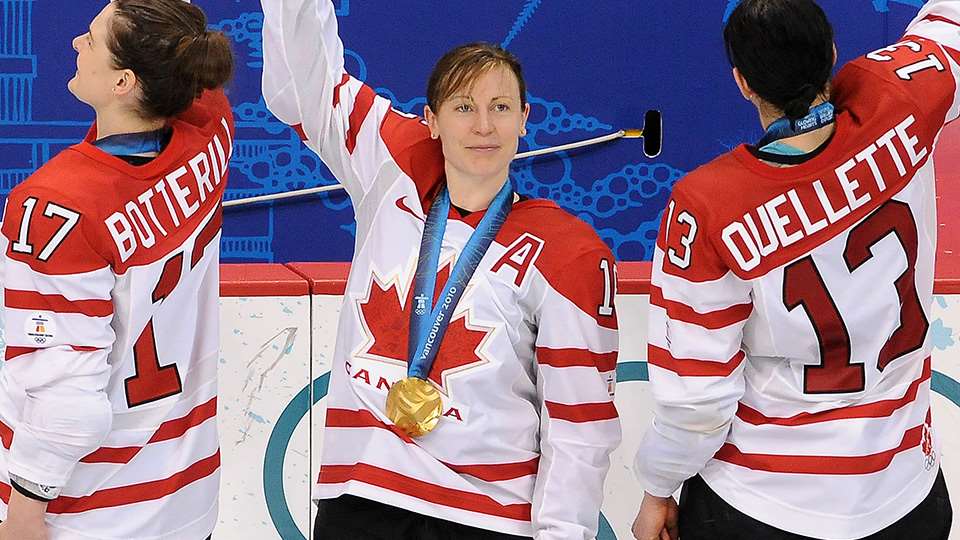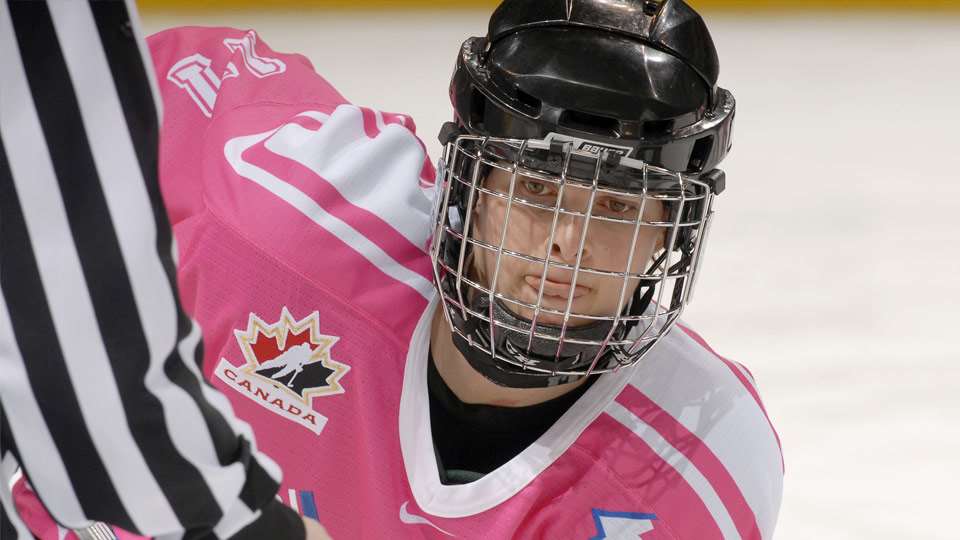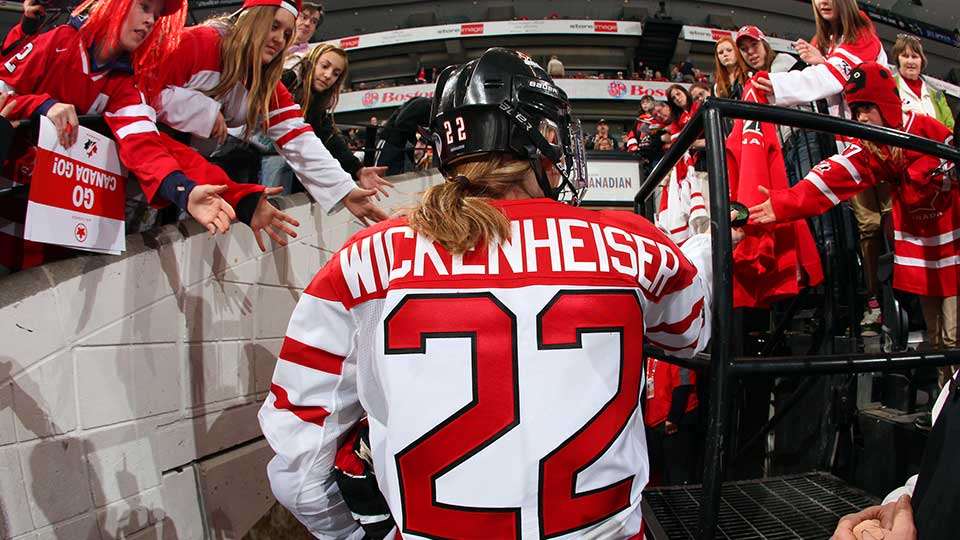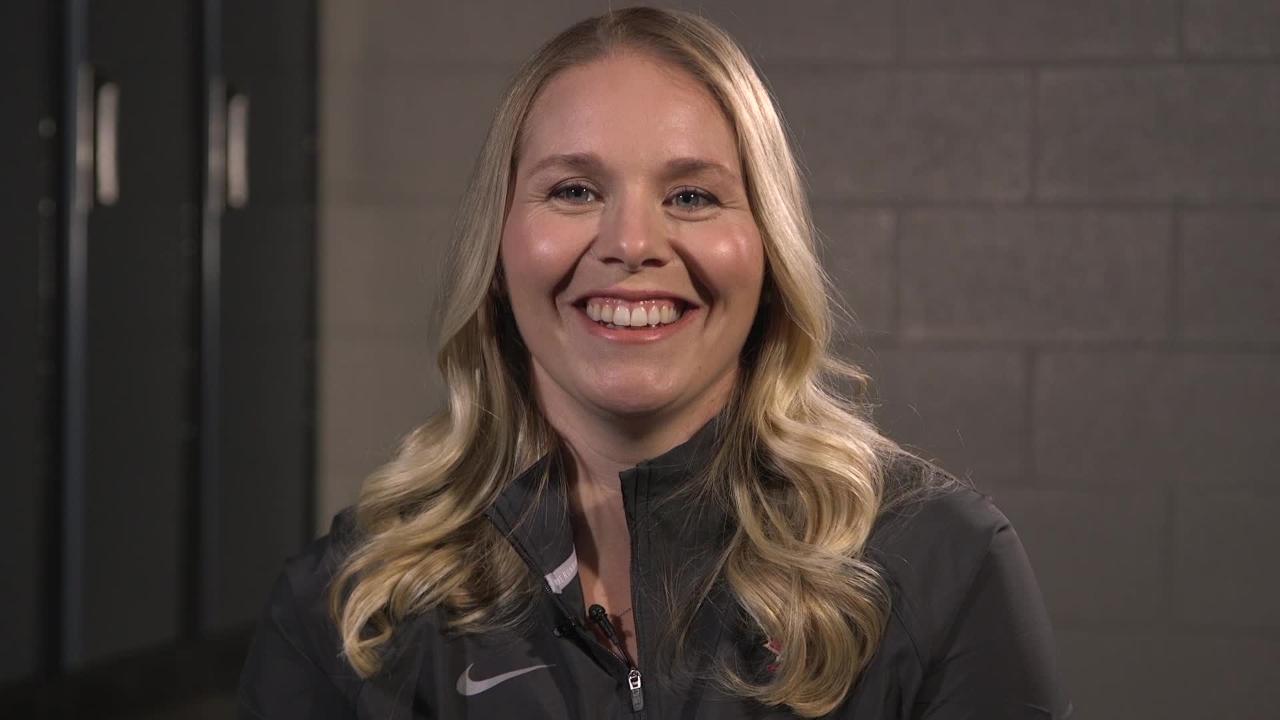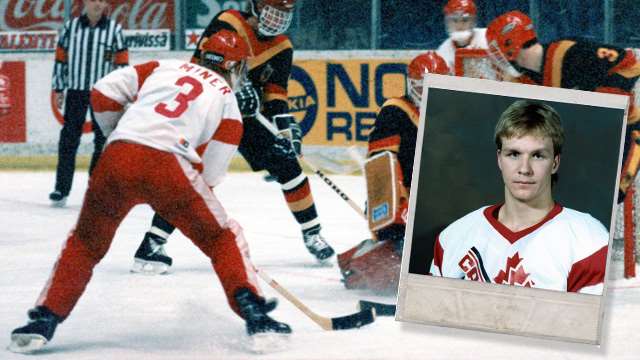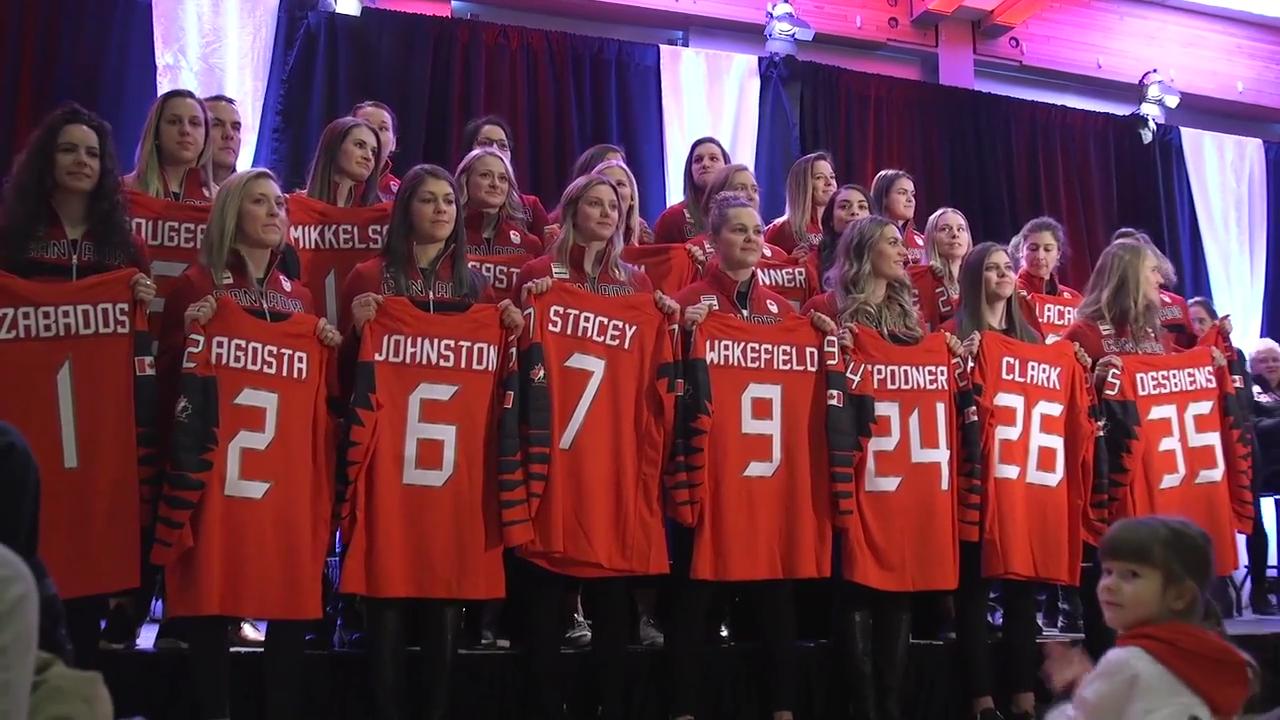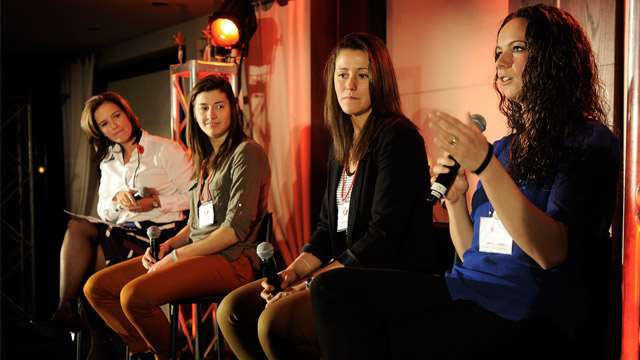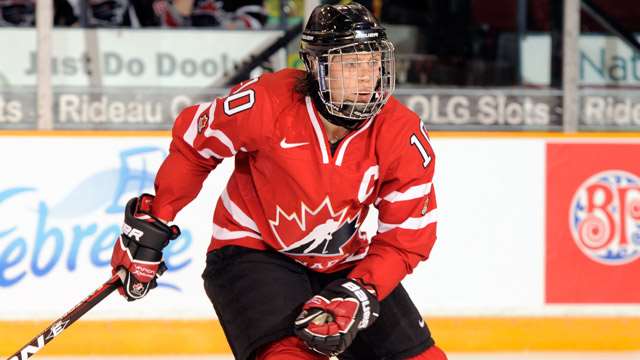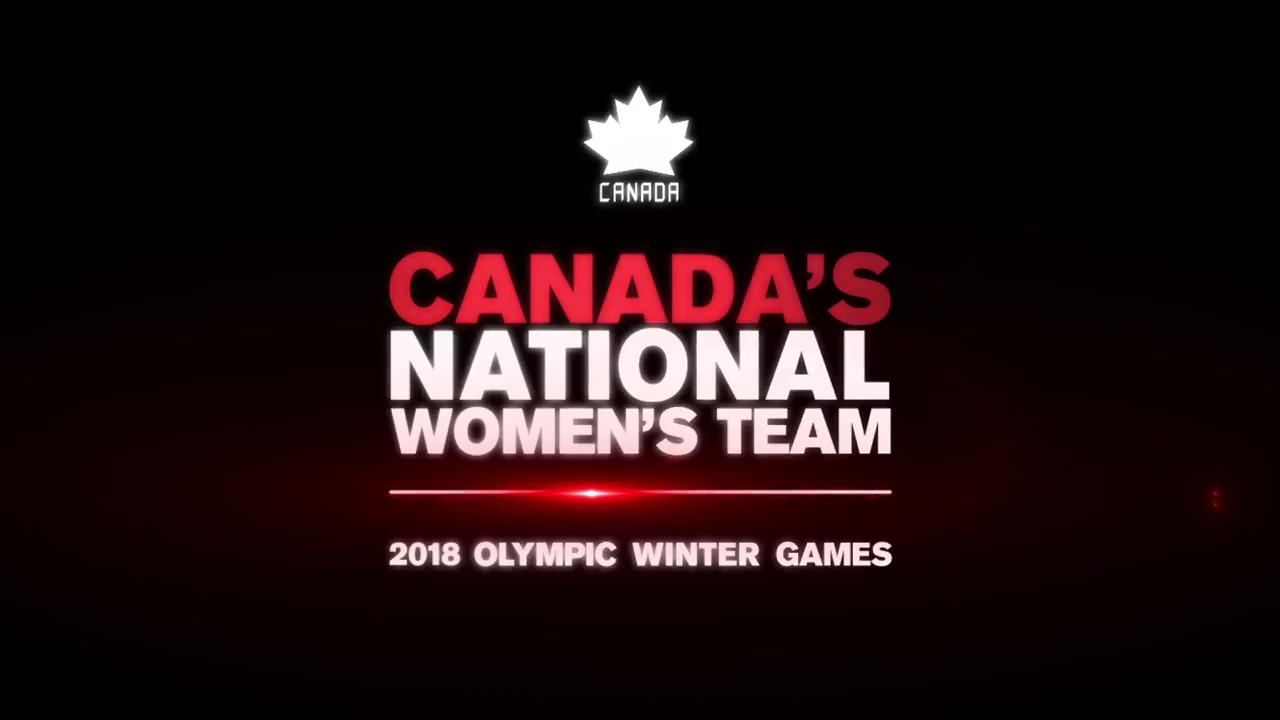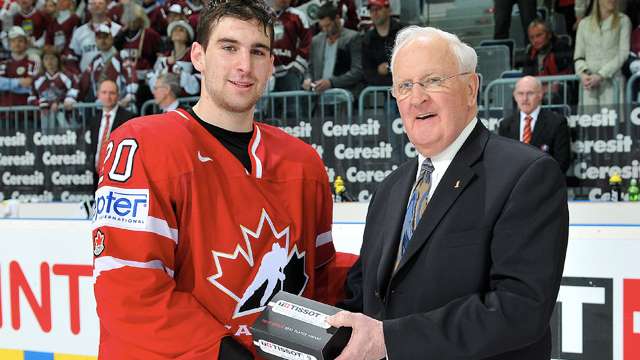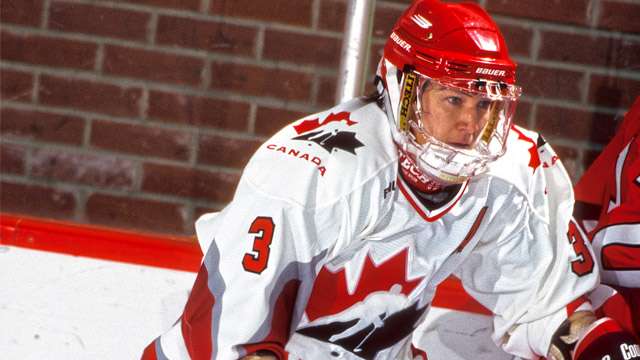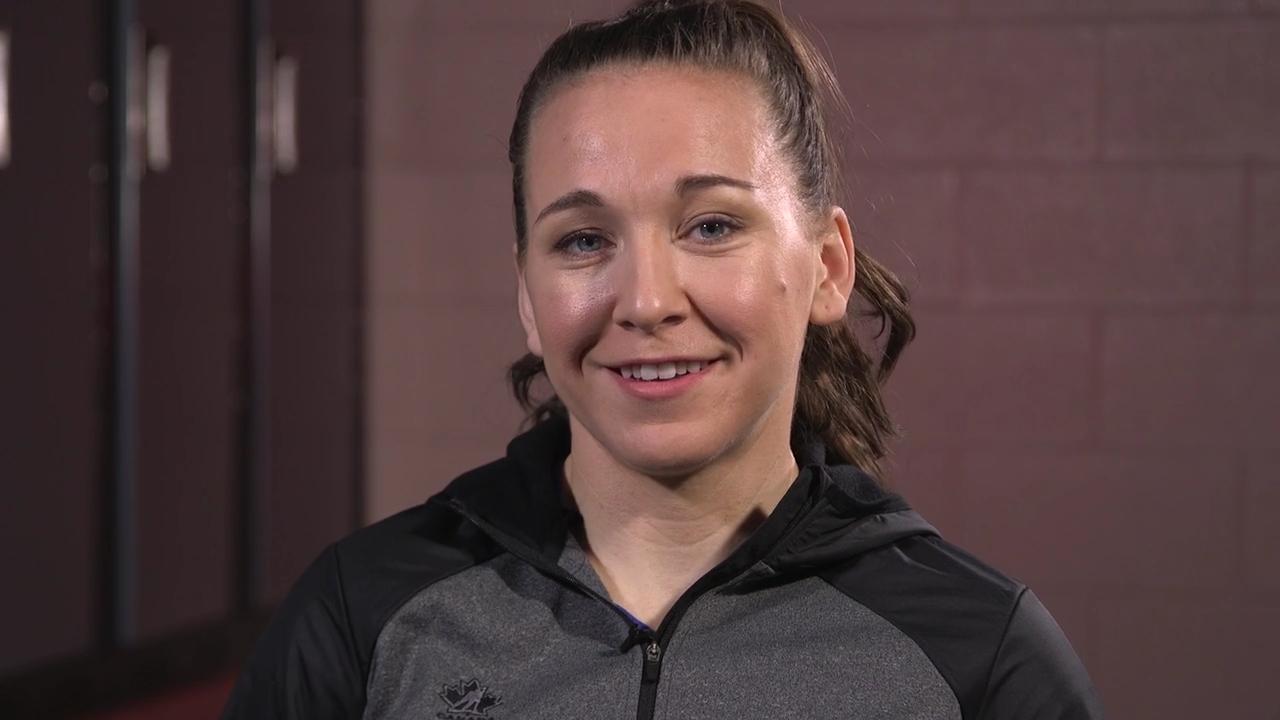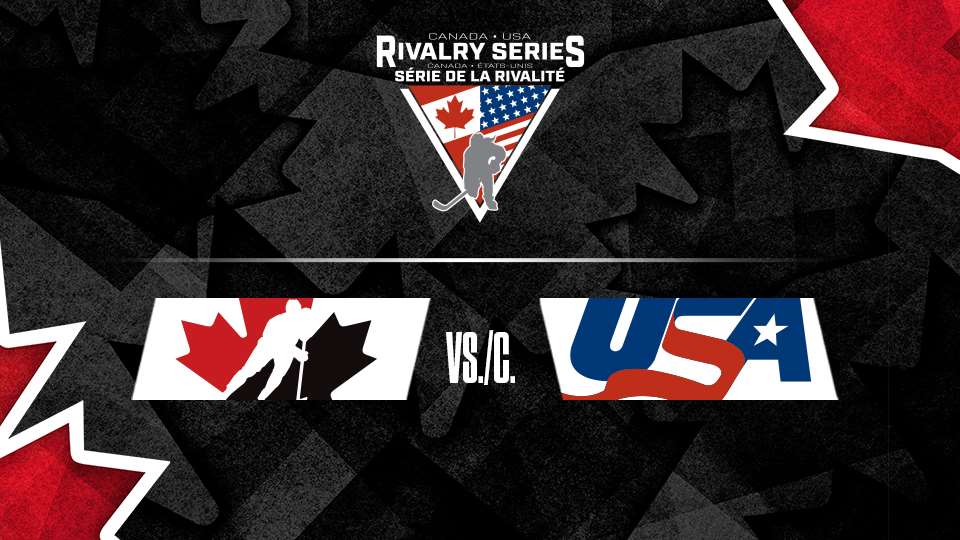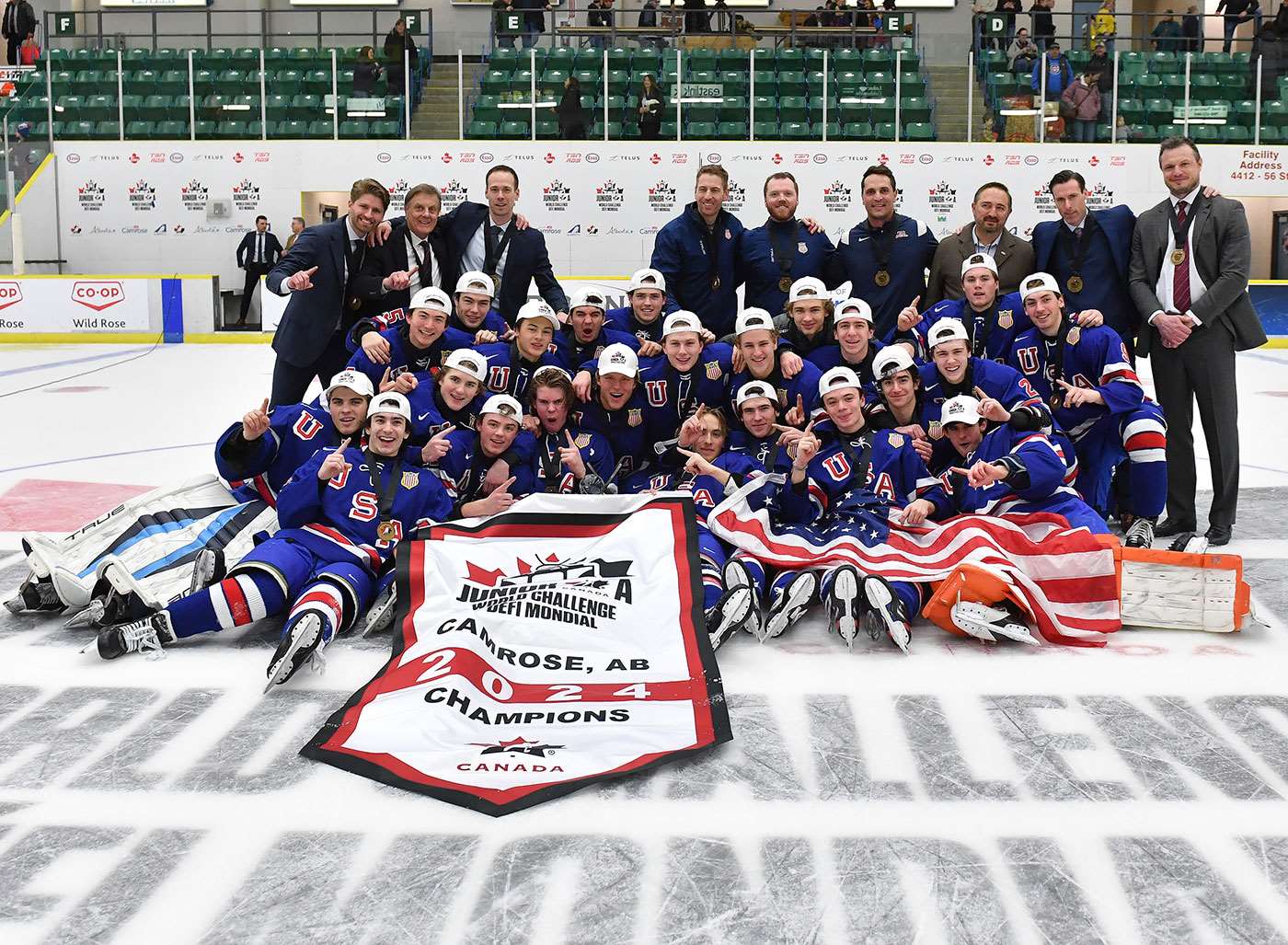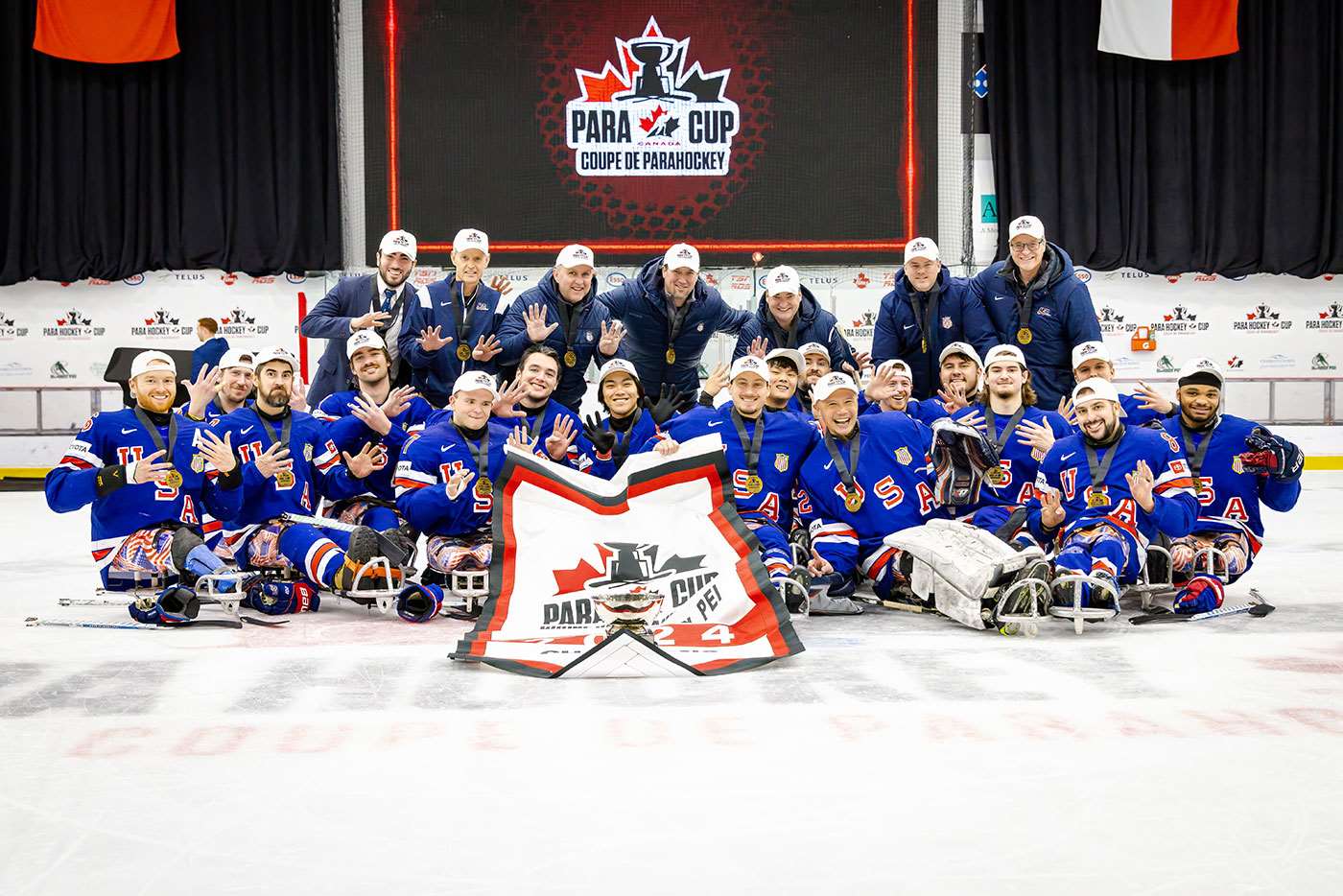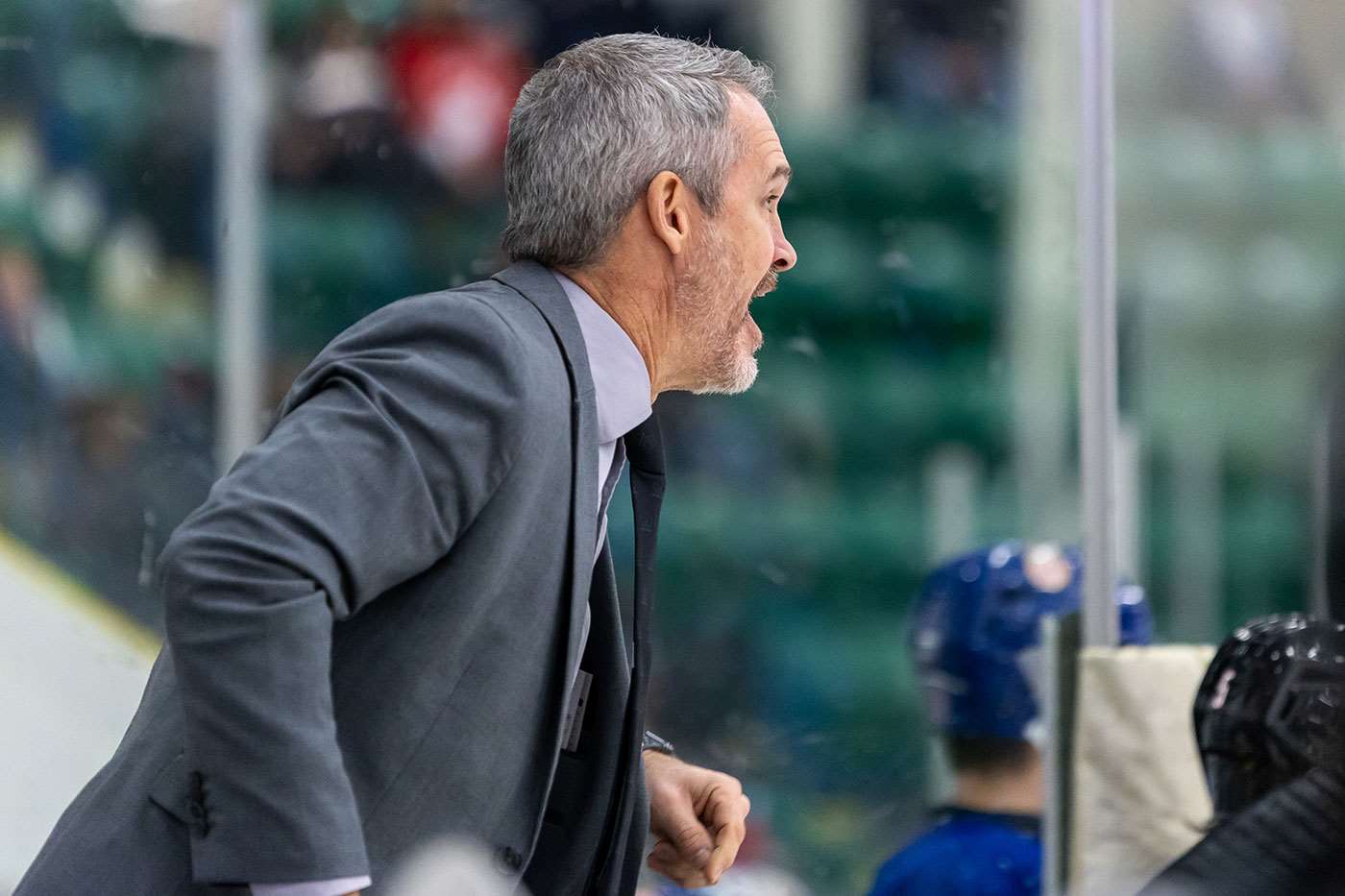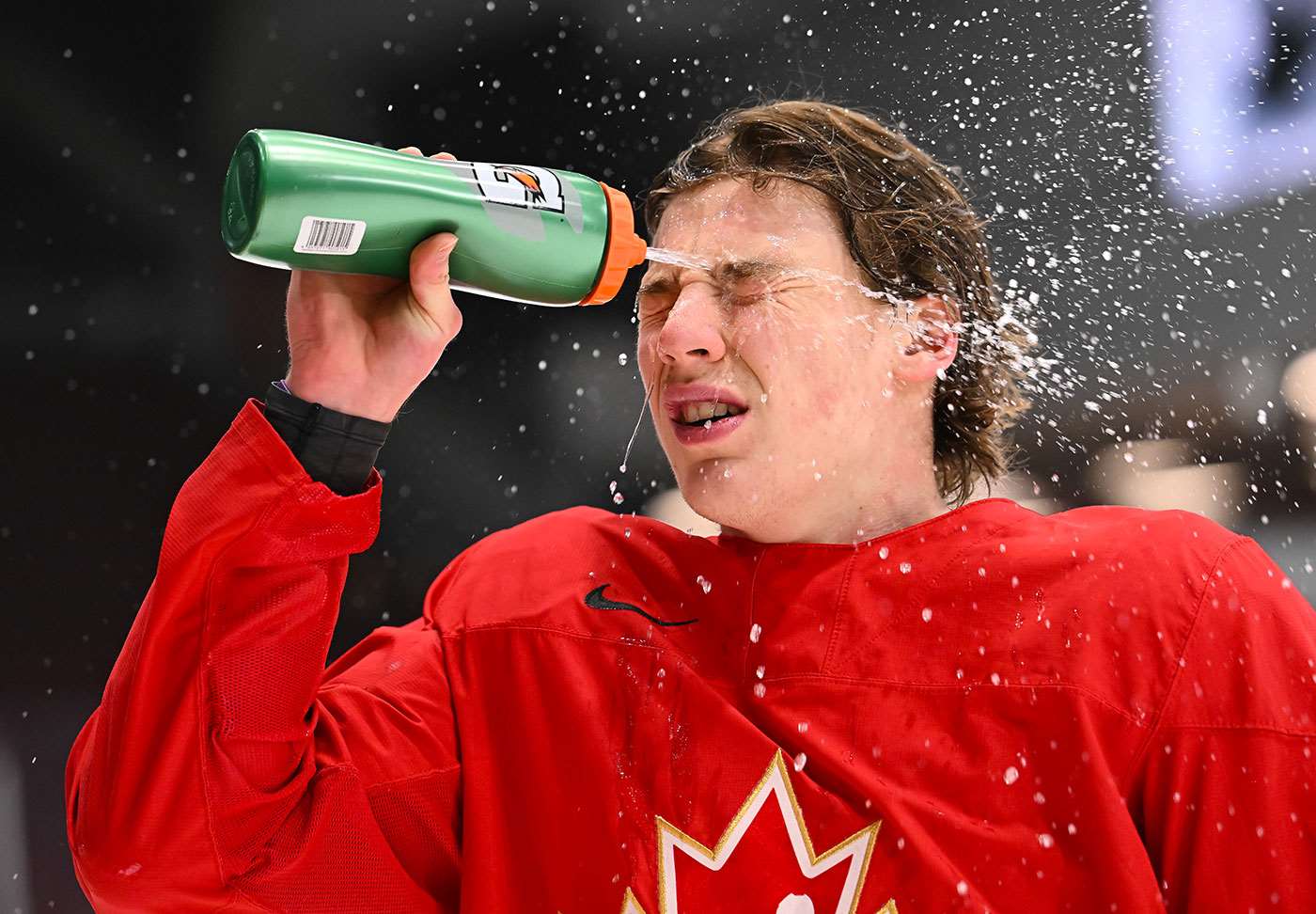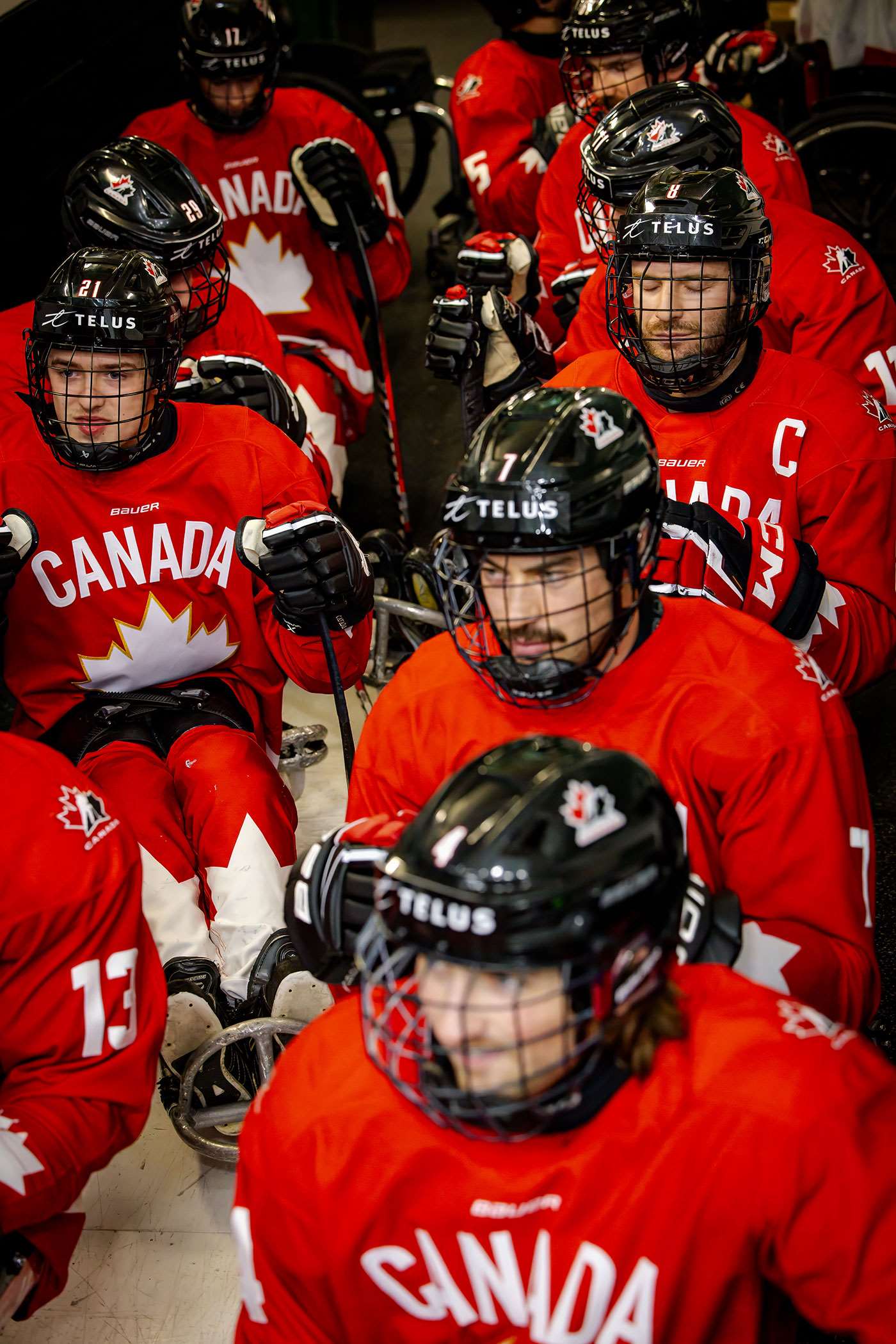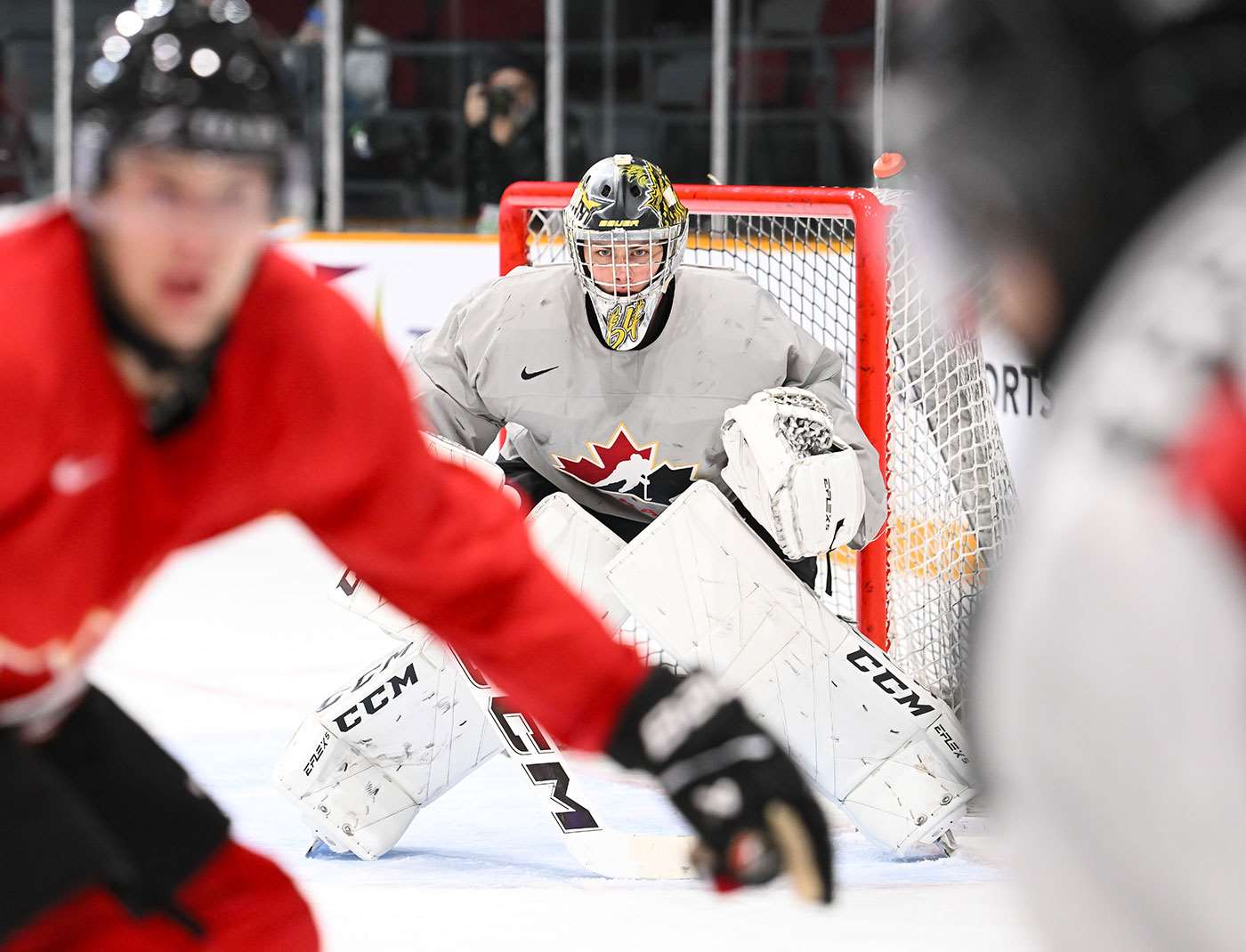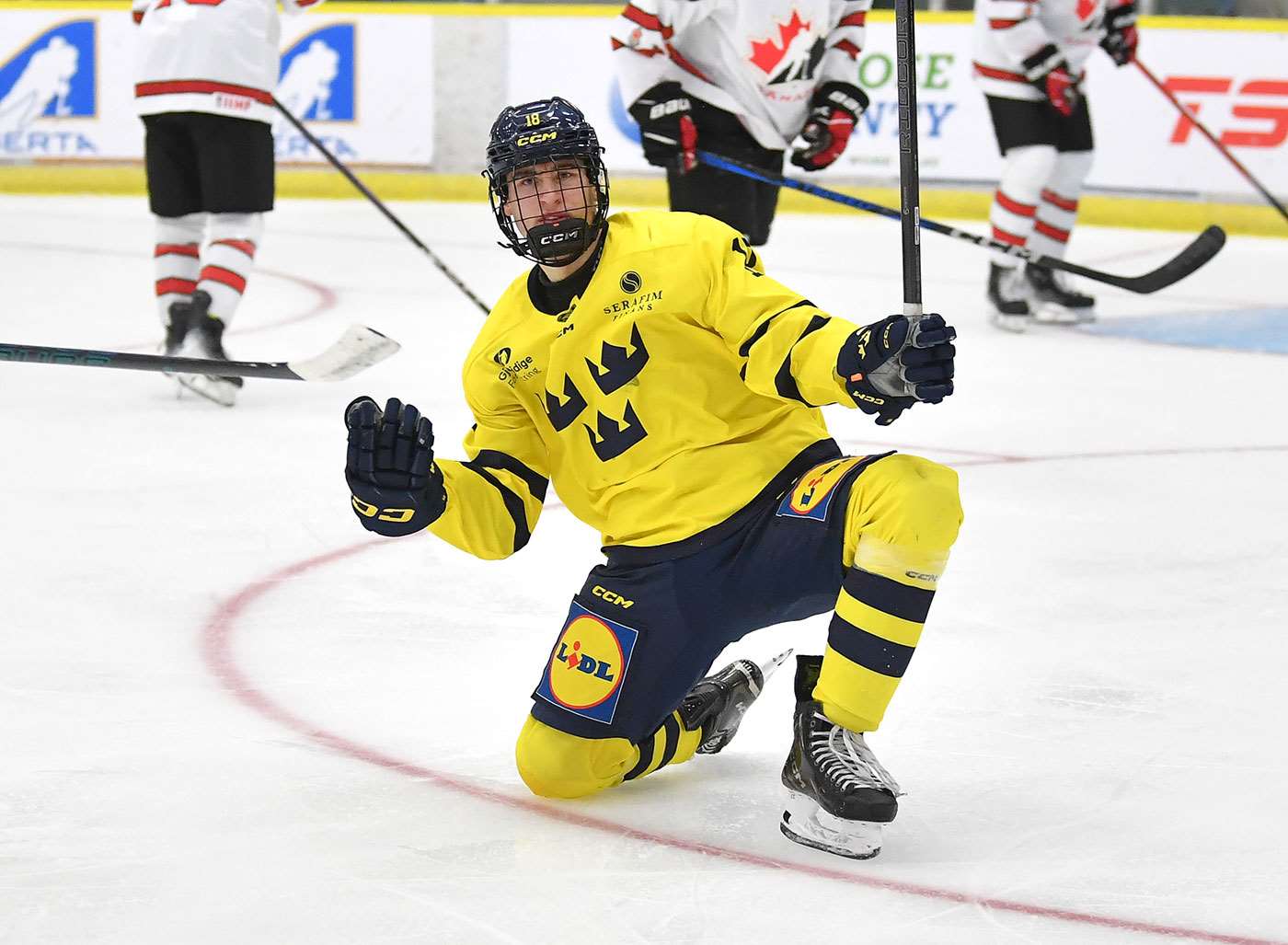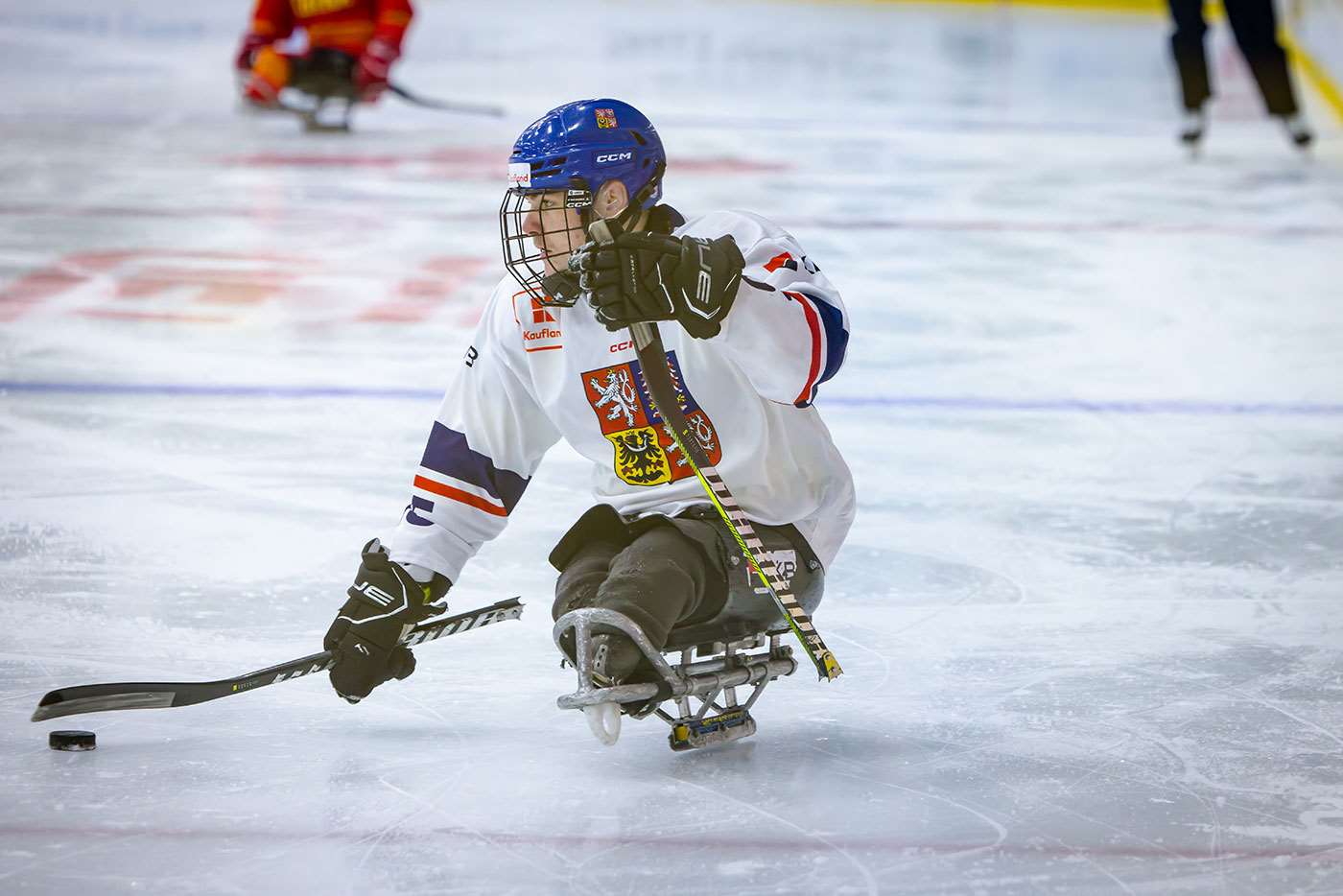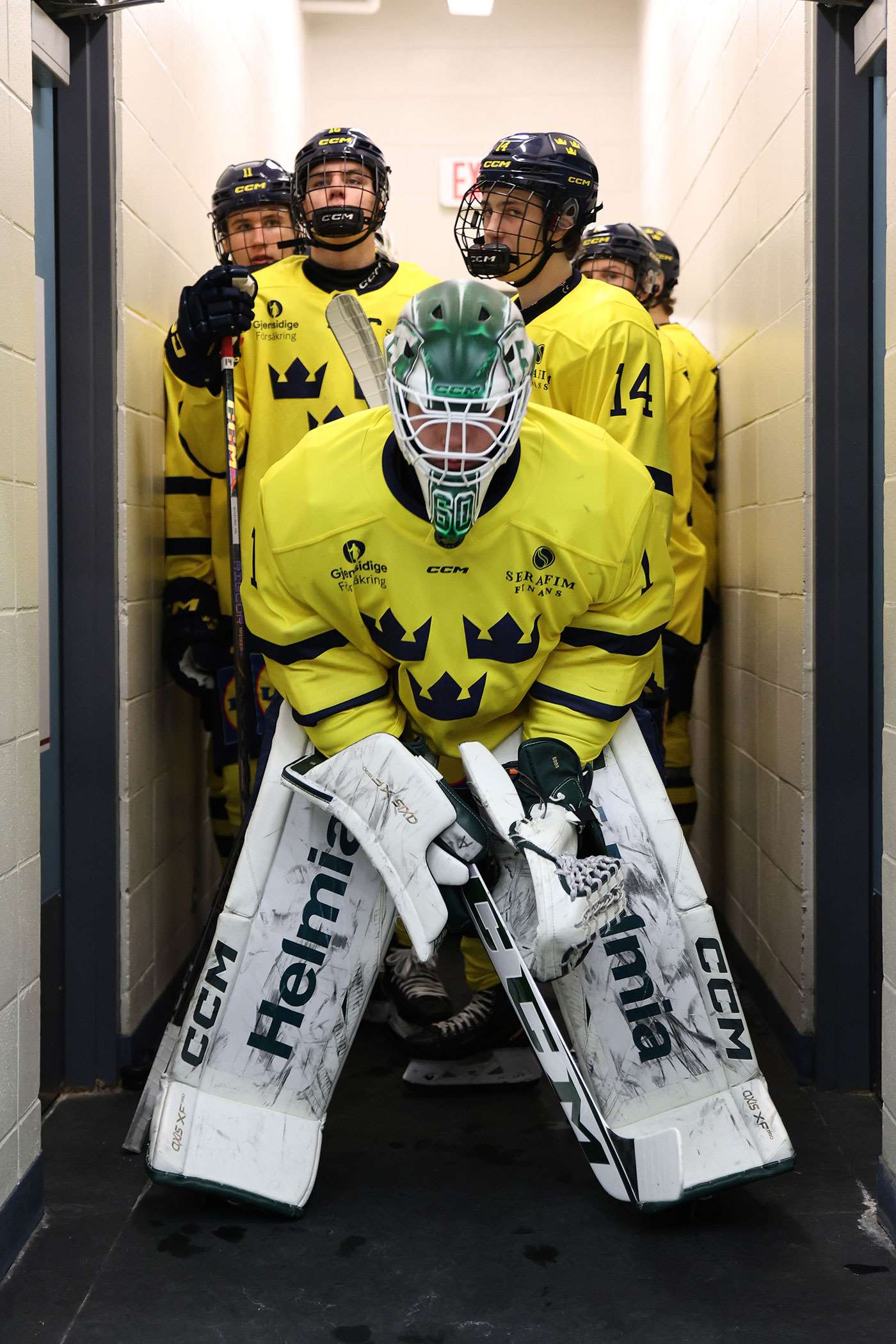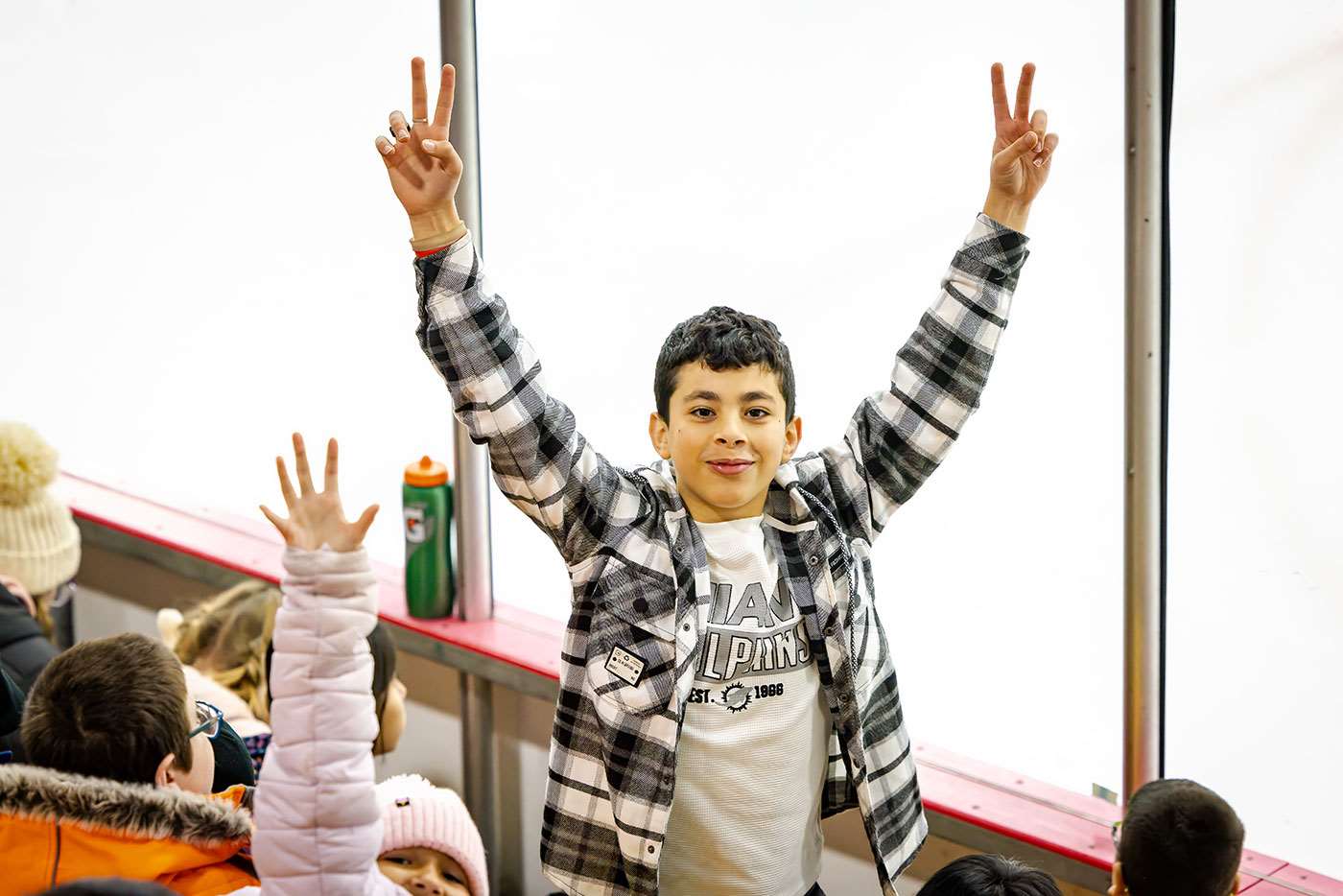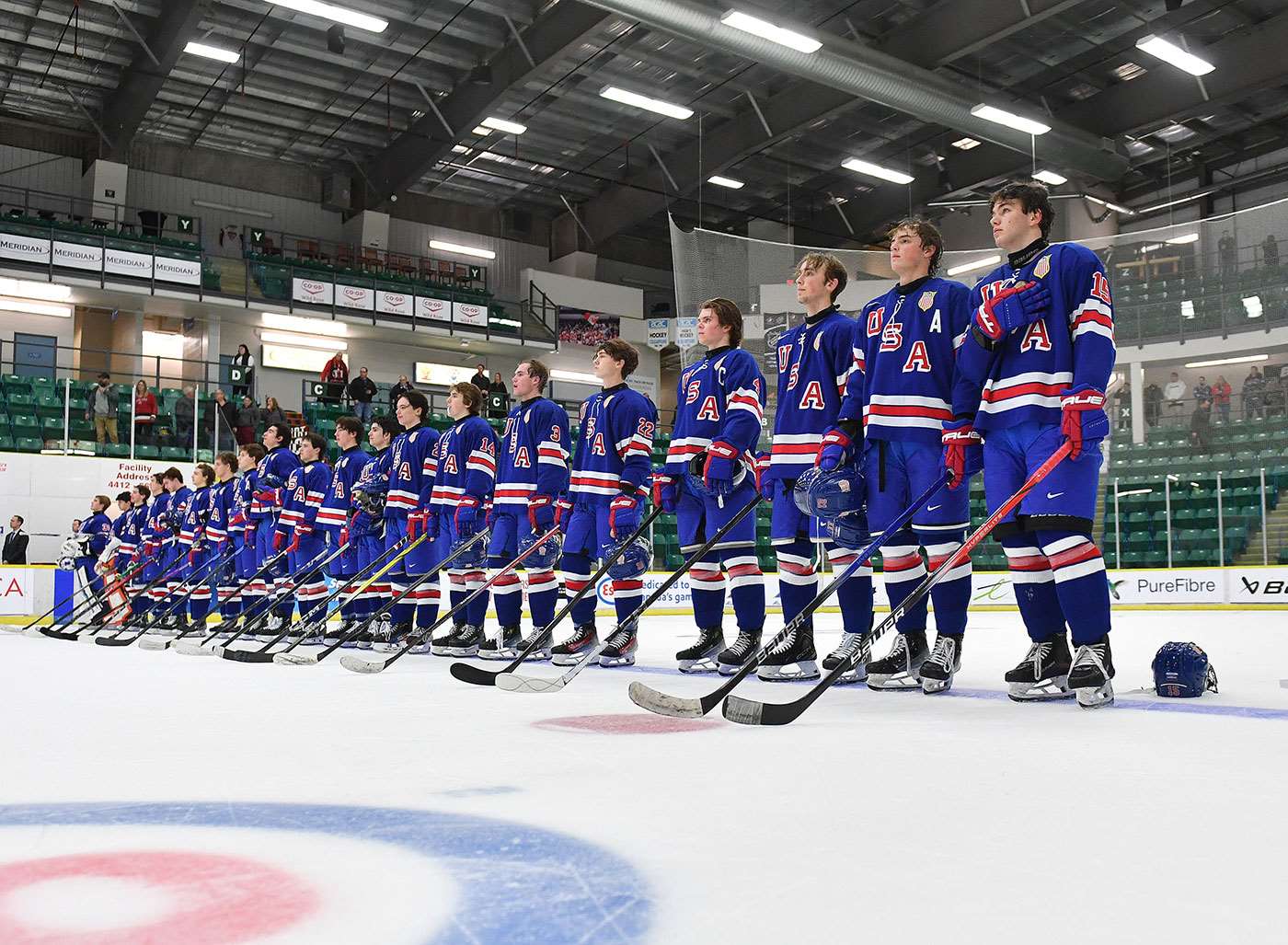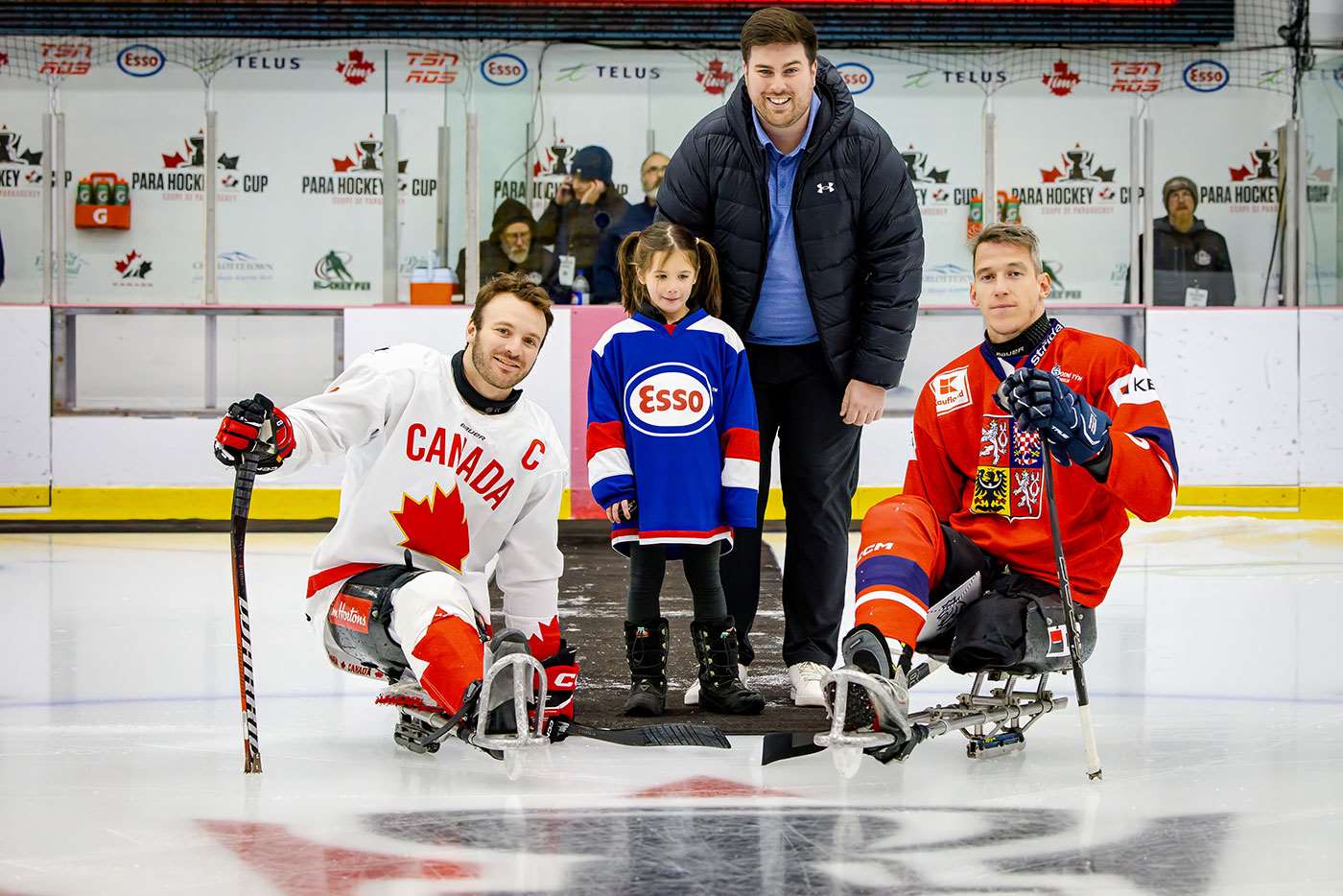It has been 9,068 days since Hayley Wickenheiser made her debut with
Canada’s National Women’s Team as a fresh-faced 15-year-old at the 1994
IIHF World Women’s Championship in Lake Placid, N.Y.
In the 24 years, nine months and 27 days since, all she has managed to do
is become the face of a sport, and there is little debate she is the most
famous women’s hockey player in the world.
“Her dedication to the sporting world, desire to improve and work ethic
have never faltered since the day she started with our program,” says
Melody Davidson, head scout for national women’s teams with Hockey Canada,
and a long-time national team coach.
“She evolved into a leader on and off the ice and set standards that pushed
our athletes, staff and program to attain heights that at times appeared
unreachable."
Her numbers alone are staggering: Wickenheiser – who was announced
Wednesday as one of the 2019 inductees into the IIHF Hall of Fame –
finished her international career with 168 goals, 211 assists and 379
points in 276 games. All those top the all-time list for Team Canada, and
none will be surpassed anytime soon.
To put her career totals in perspective, Marie-Philip Poulin is the leader
in all four categories among players who have been active in 2018-19, and
she sits 159 games, 103 goals, 141 assists and 244 points behind the pride
of Shaunavon, Sask.
She entered the national team program as a prodigy, having scored the gold
medal-winning goal for Alberta as a 12-year-old at the 1991 Canada Winter
Games, facing off against players up to five years older than her.
After a golden debut in Lake Placid – the first of seven world titles she
would lay claim to – Wickenheiser posted nine points at the 1997 women’s
worlds, and put up 30 points in 27 games in the 1997-98 Olympic season at
the age of 19, a glimpse of what was to come over the next two decades.
In the end, what hasn’t Wickenheiser done?
She has four Olympic gold medals to her name (2002, 2006, 2010, 2014) in
addition to seven world championship gold, has MVP and Top Forward awards
(2002 and 2006 at the Olympics, 2007 at women’s worlds), and was a frequent
member of the all-star team at both – nine times in all.
She is the all-time leader in goals (18), assists (33) and points (51) at
the Olympics, and tops the list for assists (49) and points (86) at the
IIHF Women’s World Championship.
She wore the ‘C’ for Canada’s National Women’s Team for seven seasons, from
2006 to 2013, leading her country to two world championships and an Olympic
gold medal during that run.
And she was just as good with her club teams, winning an NWHL championship
and three WWHL titles with the Calgary Oval X-Treme, a CIS national
championship with the University of Calgary and a Clarkson Cup with the
Calgary Inferno.
So she’s a winner. And she’s been a winner for a long time.
“There’s no doubt Hayley’s inner drive and desire to be the best has kept
her in the game,” Davidson says. “Her dedication to building her skill set,
fitness, passion and love for the game have always been evident and they
are all factors that played a role in her ability to be part of so many
gold medals for Canada.”
But be assured, Wickenheiser is going to be remembered for far more than
her on-ice accomplishments, as impressive and record-breaking as they may
be.
She has tirelessly travelled across the country and around the world
promoting the women’s game, promoting healthy living, and promoting the
power of sport.
“Her accomplishments on and off the ice speak for themselves and have
played a part in fueling the growth of women’s hockey worldwide,” Davidson
says. “She always pushed the traditional norms, whether it was playing with
the men or the type of game we played. A product of her small-town
Saskatchewan roots and the way she was raised, she has a strong sense of
community and consistently gives back to sport.
“She has always made an effort to be available for everyone at any time,
and it wouldn’t be a surprise if there were plenty of young women with the
name Hayley in communities across our country because of her.”
In 2011, when she was named an Officer of the Order of Canada “for her
achievements as an athlete and for her contributions to the growth of
women’s hockey,” Wickenheiser was in Ghana, West Africa, with international
humanitarian and development agency Right to Play.
She took a leading role in the Ambassador and Mentor Program with the
International Ice Hockey Federation that same year, helping set direction
and provide support for athlete ambassadors that worked with developing
women’s hockey nations.
And in 2014, as the Sochi Games came to a close, she was elected to the IOC
Athletes Commission, an elite group that works with the International
Olympic Committee on behalf of athletes in all sports.
Through it all, Wickenheiser has kept focus on the future of the women’s
game in Canada, which in 2010 led to the creation of the Wickenheiser
Female World Hockey Festival – Wickfest – which brings together female
teams from across the country and around the world for not only on-ice
action, but workshops and clinics that build better players and better
people.
Ultimately, that’s what Hayley Wickenheiser has always been about: making
the game – and the country –better. She did it on the ice and off, helping
bring Team Canada success and becoming a role model for thousands of young
girls across the country.
As the post-career accolades begin to roll in, how will Wickenheiser ultimately be
remembered? Even Davidson isn’t sure.
“Legacies continue to evolve long after players stop playing, so it’s hard
to say exactly what her legacy will be,” she says. “Hayley is always going
to be someone people can relate to, and there’s no doubt she is going to
continue to have an important voice at the highest level for women in sport
and society.”
There are plenty of words that can be used to describe her – leader,
teammate, winner, superstar, trailblazer, pioneer, ambassador … the list
goes on. Is it possible to choose just one? Probably not.
So let’s just leave it like this…
Thank you, Hayley.

